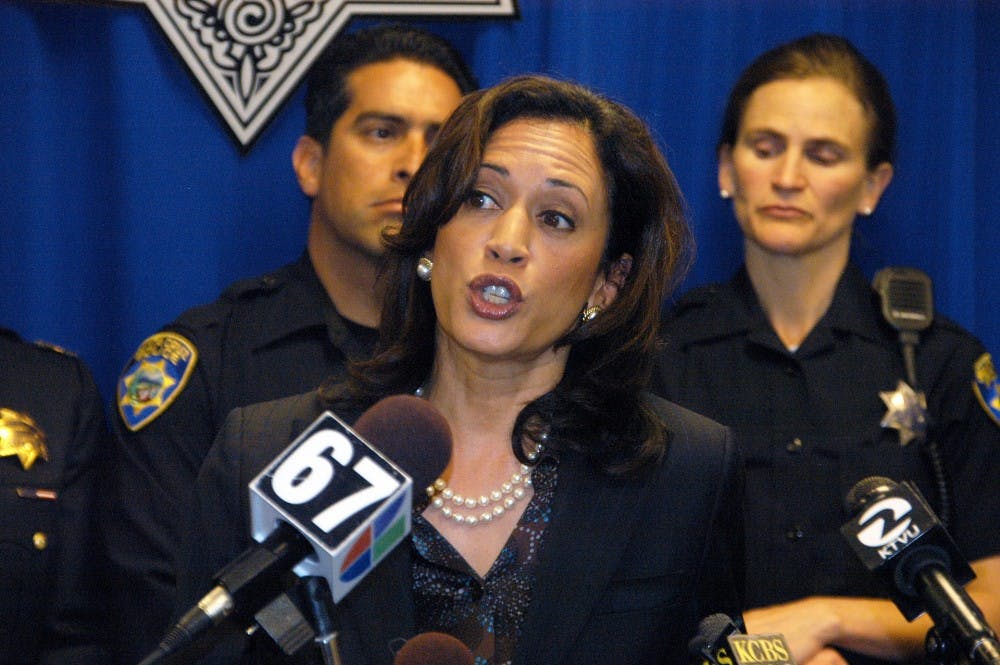
2020 is a big year coming: I will (hopefully) graduate, (hopefully) become employed and we will (hopefully) elect a new president! In the year leading up to America’s presidential elections, there’s a whirlwind of information to sort through. Amateur Policy Wonk has you covered, though. Here’s a sneak peek of politics leading up to 2020. Stay educated, folks!
Who is up for election?
Being the big deal that it is, the election for president gets the most press for this election cycle, and candidates get started on their campaigns early. But on Nov. 3, 2020 America will also vote on the entire House of Representatives, a third of Senate seats, 13 governor races and countless local ballots.
When are primaries?
Before American voters actually start to pick nominees, presidential hopefuls enter the “invisible primary.” We’re observing that right now as high-profile candidates announce their campaigns and begin working both publicly and privately to get donors and political support. The New York Times reported this week that a handful of prospective Democrats have met with former President Barack Obama to get words of wisdom (and perhaps, unsuccessfully, a coveted endorsement).
The earliest voter test of each party’s presidential candidate comes at the Iowa caucuses and New Hampshire primary in February 2020. These high-profile events are the first consequential test of candidate viability and set the tone for other states’ nominations. Primaries should wrap up by June 2020, and each party will have their candidate ready for battle.
Who is running for president?
Among the Democrats... a lot. Some of the most high-profile announcements include six U.S Senators (Cory Booker, Amy Klobuchar, Kamala Harris, Elizabeth Warren, Bernie Sanders and Kirsten Gillibrand), two former/current mayors (Julián Castro and Pete Buttigieg) and Representative Tulsi Gabbard.
Hopkins alum/mega-donor Michael Bloomberg has been toying with a run on social media, sharing that he would not run as an Independent if he were to enter the race. Former Vice President Joe Biden may join, and there’s still potential for rising political stars like Stacey Abrams and Beto O’Rourke to come in.
On the Republican side: Assuming his presidency makes it to 2020, President Trump is testing his chances at reelection. The incumbent president has already raised $100 million for his campaign, and incumbent presidents are historically difficult to unseat. However, there’s plenty of time to see whether issues like the “national emergency” or the Mueller investigation manifest into something that would truly damage the Trump campaign.
So far, the only Republican challenger to declare an exploratory committee is Bill Weld, a former Massachusetts governor and a libertarian-leaning Republican. However, his brand of politics likely wouldn’t build enough momentum to create a serious threat.
A small number of Republicans who have hinted at their candidacy could have the political capital to pose a legitimate challenge to Trump’s incumbency, including Maryland Governor Larry Hogan and former Ohio Governor John Kasich. If they do run, it’ll be an uphill battle to steer the resources and members of the Republican Party away from Donald Trump and to their side.
How can I get involved with a campaign?
Many candidates’ campaign websites will highlight ways to get involved, whether it’s donating, signing up for volunteer opportunities like canvassing or sending in a resume for an actual job with the campaign. It’s also never too early to make sure you’re registered to vote! Hopkins has sponsored free student access to TurboVote, a great online platform that helps you register and remember when to vote.
My Amateur Policy Wonk recommendation: Set aside an hour in the next several months and research the various candidates you might support. Try searching “X candidate name” along with the issues you’re most passionate about and see what comes up. Informed voters are a powerful engine of democracy — are you ready to play your part?

















